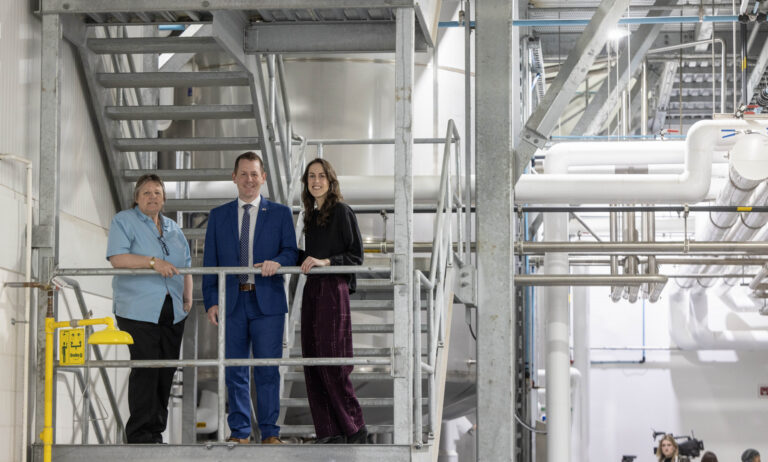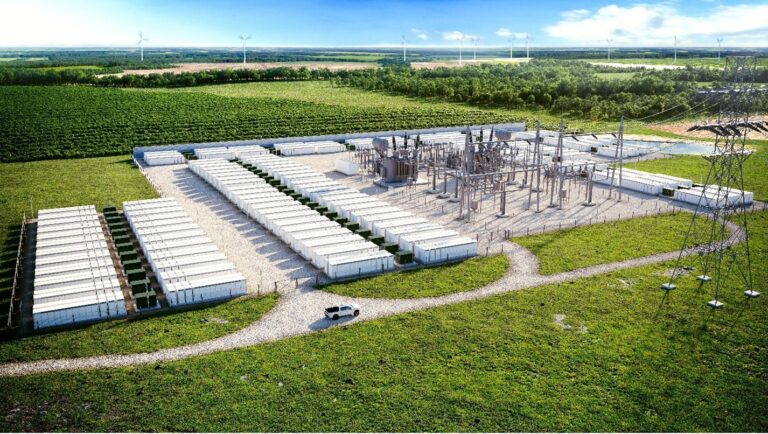Canada cannot meet its 2030 emission reduction target and 2050 net-zero goals without accelerated commercialization and adoption of clean technology, according to a new report released by Deloitte Canada.
Canada’s 2030 Emissions Reduction Plan identifies a path for Canada to reach its emissions reduction target of 40 to 45 per cent below 2005 levels by 2030 and net-zero emissions by 2050. While much has been written about the ambition and feasibility of the plan and the investment required to meet its targets, one piece missing from the analysis is the scale at which made-in-Canada clean technology needs to be deployed domestically to meet the 2030 and 2050 goals.
“Achieving Canada’s 2030 emission reduction target requires the rapidly accelerated deployment of clean technology that is commercially available today,” says Karen Hamberg, partner in financial advisory for Deloitte Canada and national clean technology leader. “Questions around technical performance, cost, and greenhouse gas (GHG) abatement potential are critical. The leaders in Canada’s clean technology industry export to, and compete in, global markets that have developed commercial ecosystems and associated structures that fast-track the deployment and use of climate solutions. There is a critical role for the public and private sector to do the same right here at home.”
According to the report, building coherent commercial ecosystems requires an assessment of four key requirements: technical readiness; market readiness; policy readiness; and organizational readiness. These readiness indicators measure and forecast the conditions that may support—or restrain—the deployment of a climate solution that displaces the high-carbon status quo.
Deloitte’s Technology, Media and Entertainment & Telecom (TMT) practice has developed a unique commercial readiness framework to assess clean technology innovation in reference to commercial objectives. The report, Scaling Solutions: Accelerating the commercialization of made-in-Canada clean technology, extends the concept of readiness beyond technical performance, to include market viability, supportive policy and regulatory frameworks, and the capacity of the company itself.
“If Canada intends to rely on its cleantech industry to compete in a decarbonizing world, we must quickly and effectively equip those leading companies so they can be globally competitive and dominant,” says Michael Tang, managing partner of TMT industry for Deloitte Canada. “A clean technology industrial strategy that identifies economic priorities and a roadmap to implement it is needed; however, it should also include ambitious targets specific to global market share, economic impact, job creation, indigenous reconciliation, environmental benefits, realization of climate goals, and Canada’s continued social prosperity.”
The full report includes an overview of the commercial challenges and market accelerants for the seven economic sectors identified in Canada’s 2030 Emissions Reduction Plan, a call to action for corporate and industrial Canada and the public sector, and a market focused perspective on a globally competitive clean technology industry to realize our climate goals.
Featured image credit: Deloitte & Touche










